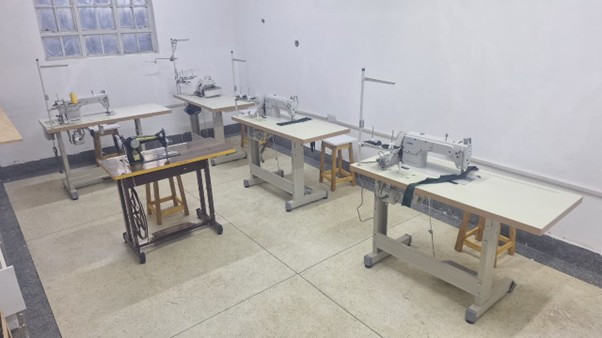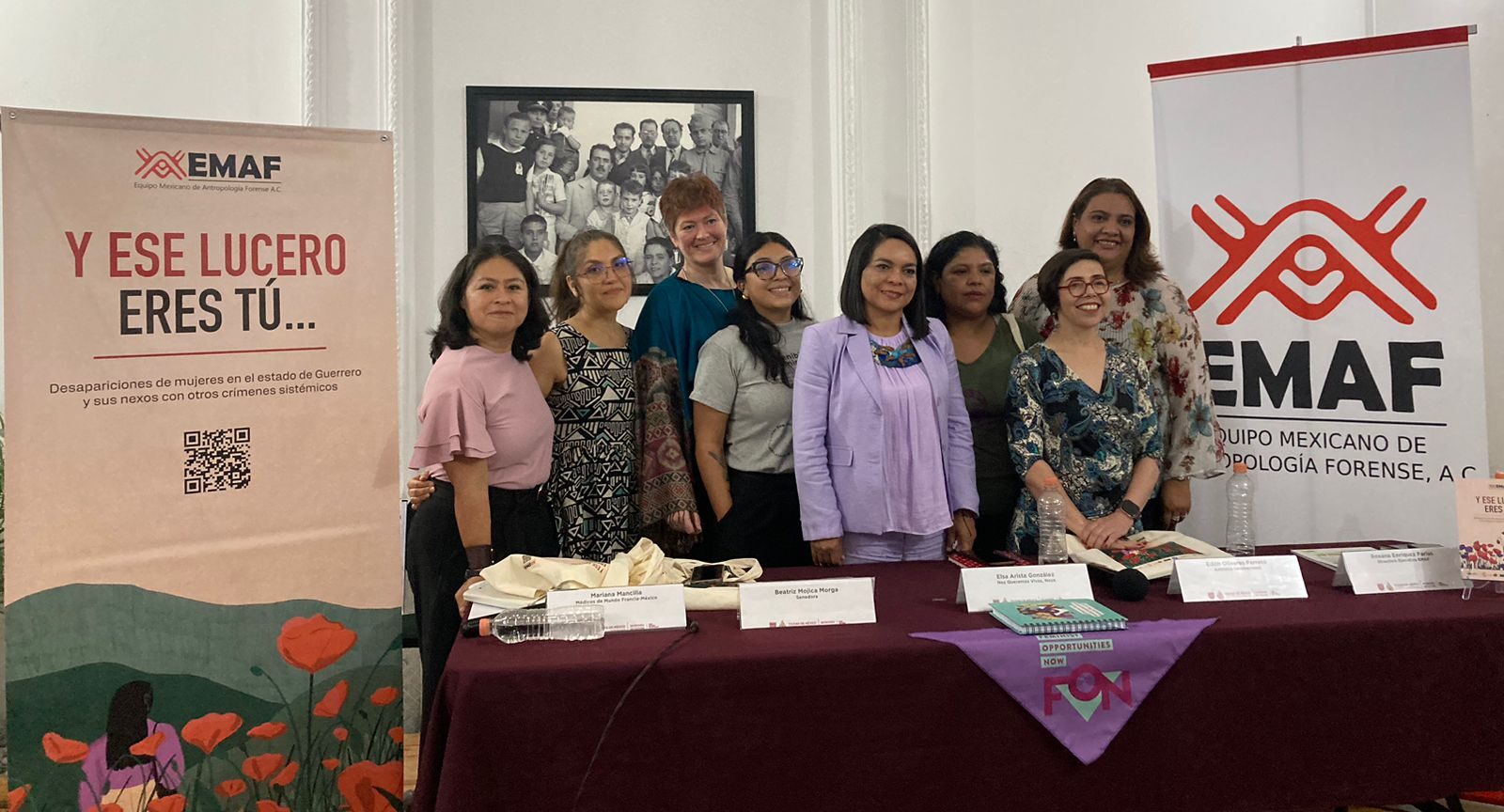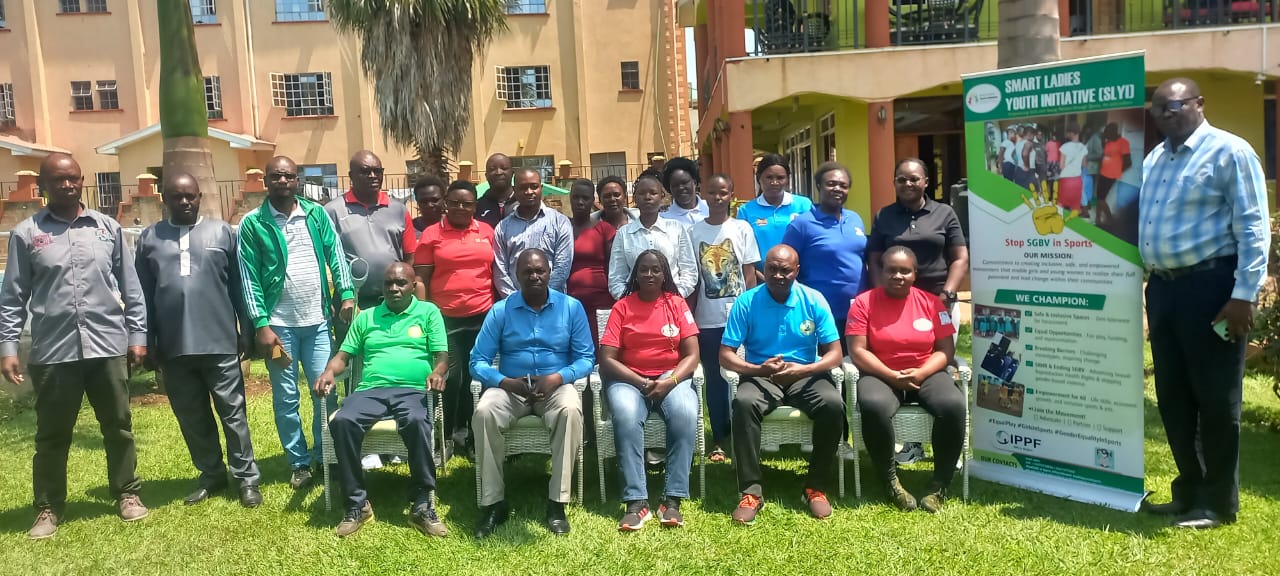News
Strengthening Feminist Solidarity: Empowering Connections to End GBV
By: Hilmelda Tenkeu
The fight against Gender-Based Violence (GBV) requires collective action, strategic interventions, and a survivor-centered approach. On the occasion of the commemoration of the International Day for the Elimination of Violence Against Women in November 2024, the Alliance Francaise office of Nairobi brought together FON and other feminist CSOs across Kenya to discuss: Empowering Connections of Feminists CSOs seminar, held as part of the 16 Days of Activism Against GBV, to share experiences, best practices, and advocacy strategies. The event underscored the importance of French Foreign Policy in addressing GBV issues and amplifying local feminist movements.

With an intersectional lens considering class, religion, and education, expert organizations showcased the magnitude of GBV in different regions of Kenya. Key takeaways from the discussions included:
- Data-driven interventions: Both qualitative and quantitative data are necessary for effective strategies. Statistics should be complemented by local narratives to capture lived experiences.
- Legal coordination gaps: While many laws address GBV, they need better coordination to ensure comprehensive protection and justice.
- Difficult conversations: Topics like sex, sexuality, and sexual violence remain taboo, making it harder for communities—including men—to discuss and report GBV.
- Traditional practices vs. GBV: Practices such as polygamy should not automatically be equated with GBV but must be examined critically.
- Neglected issues: Human trafficking remains an under-addressed concern among feminist organizations.
- Threats against activists: Many feminist activists face death threats, yet few mechanisms exist to support and protect them.
- Technology-related GBV: Many organizations lack the capacity to address online harassment and digital violence.
- Justice system challenges: There is a need for structured technology investigations so that police do not indefinitely confiscate survivors’ devices.
- GBV among educated women: Middle- and upper-class women experience GBV but often fear stigma and professional consequences, leaving them without support.
At an international level, two urgent advocacy actions were highlighted:
- Upgrading GBV police desks to specialized units with trained officers who ensure consistent service, even after transfers.
- Supporting judicial officers’ mental well-being to prevent transferred trauma from hearing GBV cases.
One surprising gap in GBV interventions is the lack of targeted outreach to empowered and prominent women. Many fear that reporting GBV will undermine their careers or create stigma in their professional spaces. To address this, feminist movements must adopt a participatory research and advocacy approach that includes all survivors, regardless of social class.
Ultimately, all GBV responses must be survivor-centered. Survivors should dictate how they wish to be supported, without forced counseling or pressure to report. However, the state remains responsible for ensuring justice, holding perpetrators accountable, and protecting all individuals from violence.
The seminar reinforced a crucial message: ending GBV requires solidarity, systemic change, and a commitment to listening to and empowering all survivors.
Read the full report of the seminar here📥
Feminist Opportunities Now (FON) Project
FON contributes to the eradication of gender-based violence worldwide through flexible funding. The Feminist Opportunities Now (FON) project aims to strengthen feminist movements by providing grants, particularly to small, unregistered organizations. With a budget of 7 million euros, FON also offers long-term mentoring and tailored training. Additionally, the project includes an action-research component to ensure the expansion and sustainability of these approaches.

English

English

Spanish




